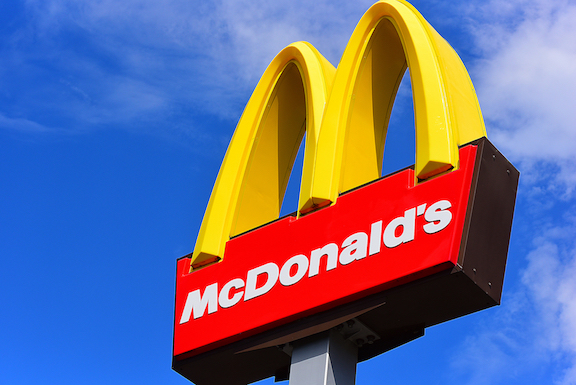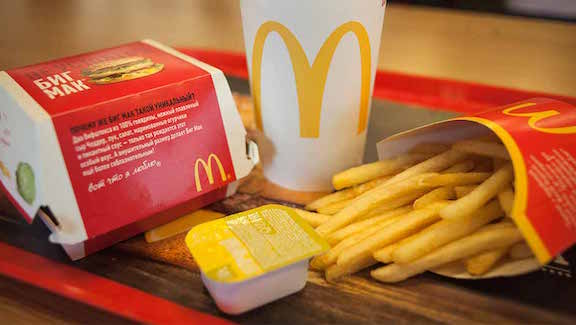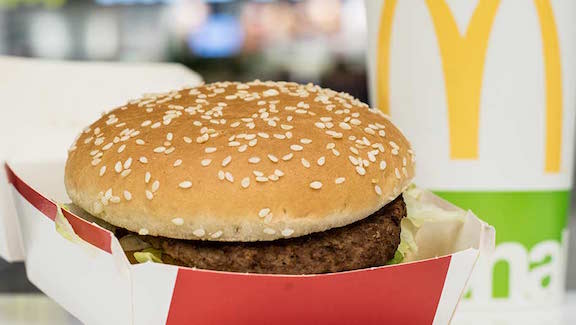This is an archived article and the information in the story may be outdated. Please check the time stamp on the story to see when it was updated last.
McDonald's is known for its delicious and affordable food, but not many people realize the effect these fast food items have on their body. We did a little digging and found out that these foods do more harm to your body than good, including raising your blood pressures, altering your mood and even dehydrating your body!
[Photo: Instagram]

Your Blood Sugar Spikes
According to Eat This, Not That!, eating foods that are high in carbs cause your blood sugar to rise. This happens as you consume the bun from the burgers and sandwiches, or the french fries, leading your body to take in large amounts of white flour and sugar.
[Photo: McDonald's]

It Affects Your Mood
Eating a large portion of foods that are high in fat, like burgers, fries and milkshakes, can either leave you feeling "full and lethargic," according to Marisa Moore, MBA, RDN, LD. Or, you could end up feeling hyper and anxious from the artificial colors and preservatives used in the food.
[Photo: Shutterstock]

You'll Be Constipated
McDonald's menu items are lacking in dietary fiber, which help keep your digestive tract working properly and efficiently, leaving you feeling bloated and constipated. “Unfortunately, most fast foods don’t contain high dietary fiber contents,” says Jim White, RD, ACSM, owner of Jim White Fitness & Nutrition Studios.
[Photo: Shutterstock]

You'll Crave More Fast Food
Your body will begin to crave more fast food in as little as 40 minutes after eating a Big Mac, according to Fast Food Menu Price. This is because you've lost control of your blood sugar from your high calorie meal and your insulin response has brought down your glucose levels. Then, the high fructose corn syrup in the bun causes your insulin to spike, making you to become even more hungry!
[Photo: Shutterstock]

You Become Dehydrated
Eating large amounts of sodium in one sitting can spur dehydration. All of that sodium also makes it hard for your kidneys to eliminate it from your body, causing your heart to work faster to pump blood. This then causes your blood pressure to rise, which can eventually lead to heart disease and strokes.
[Photo: Shutterstock]


























